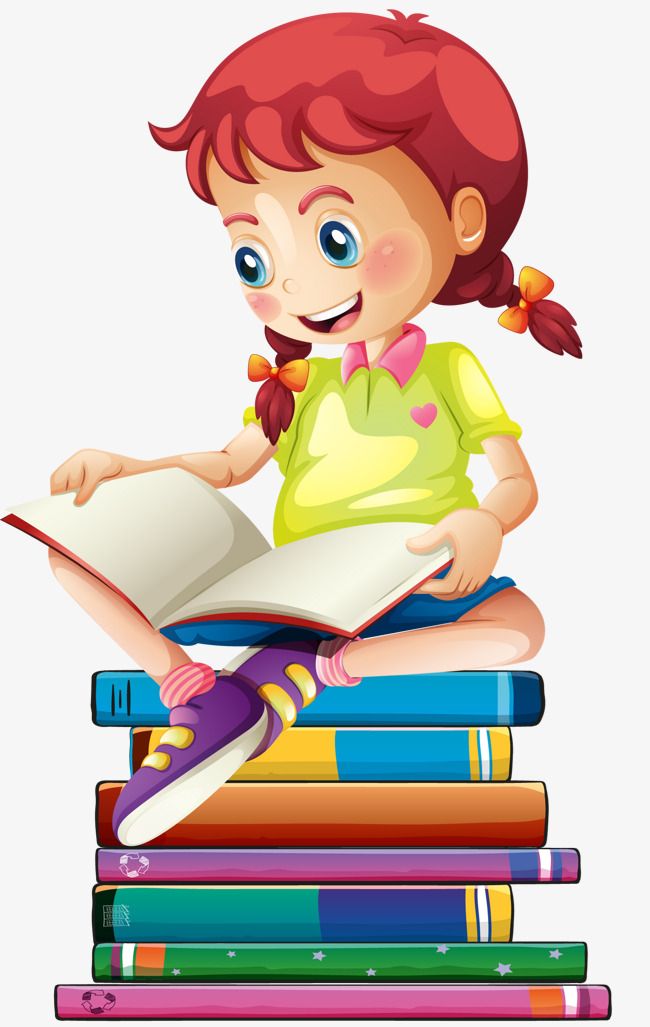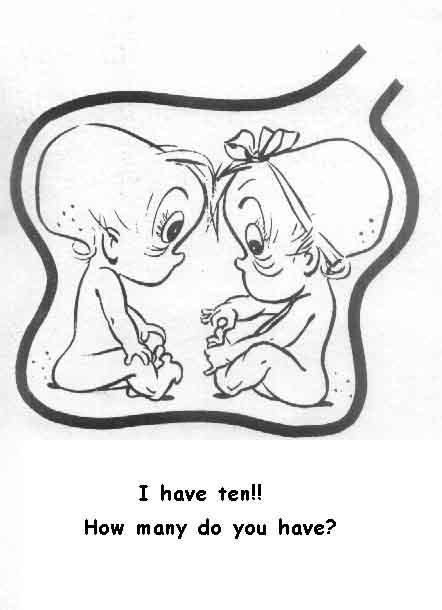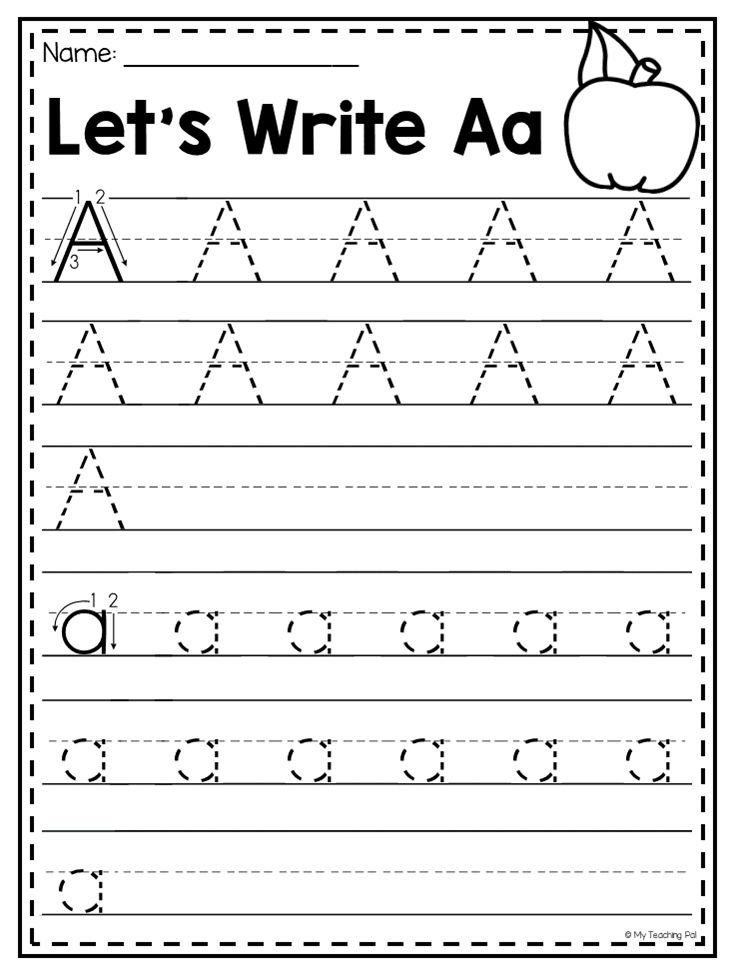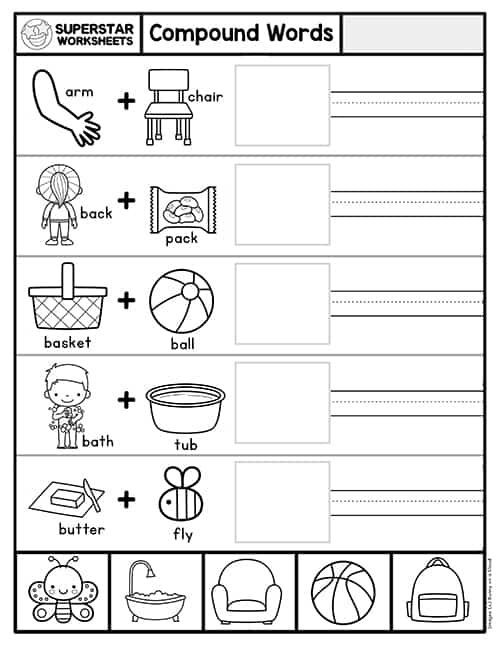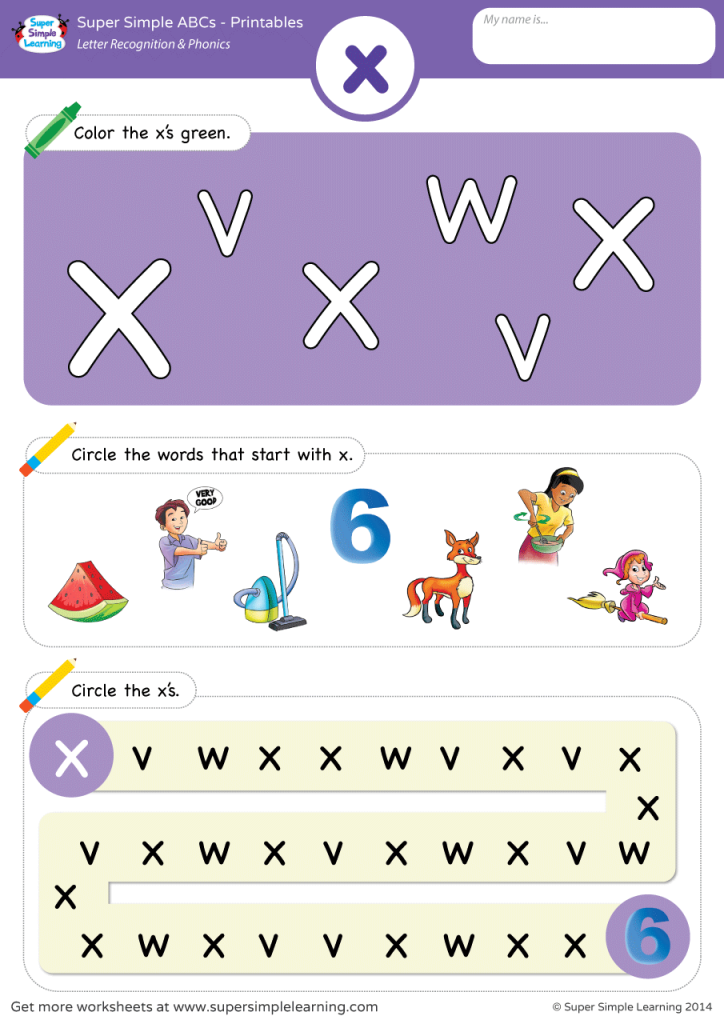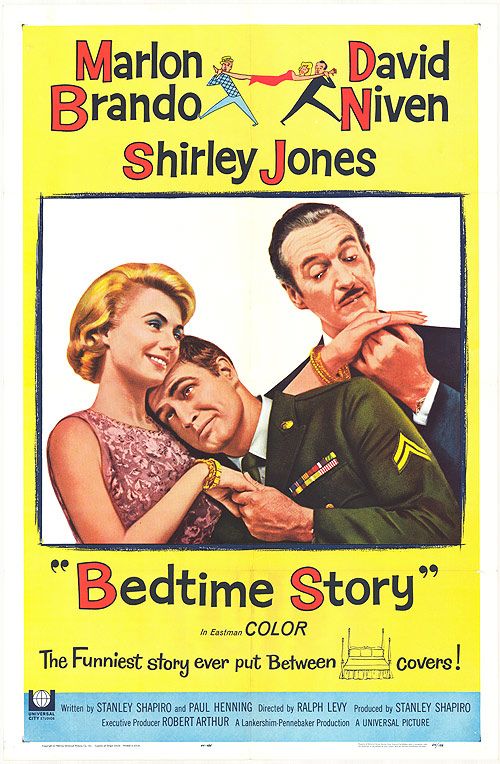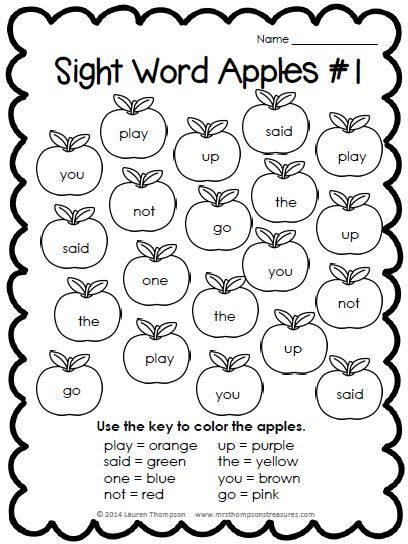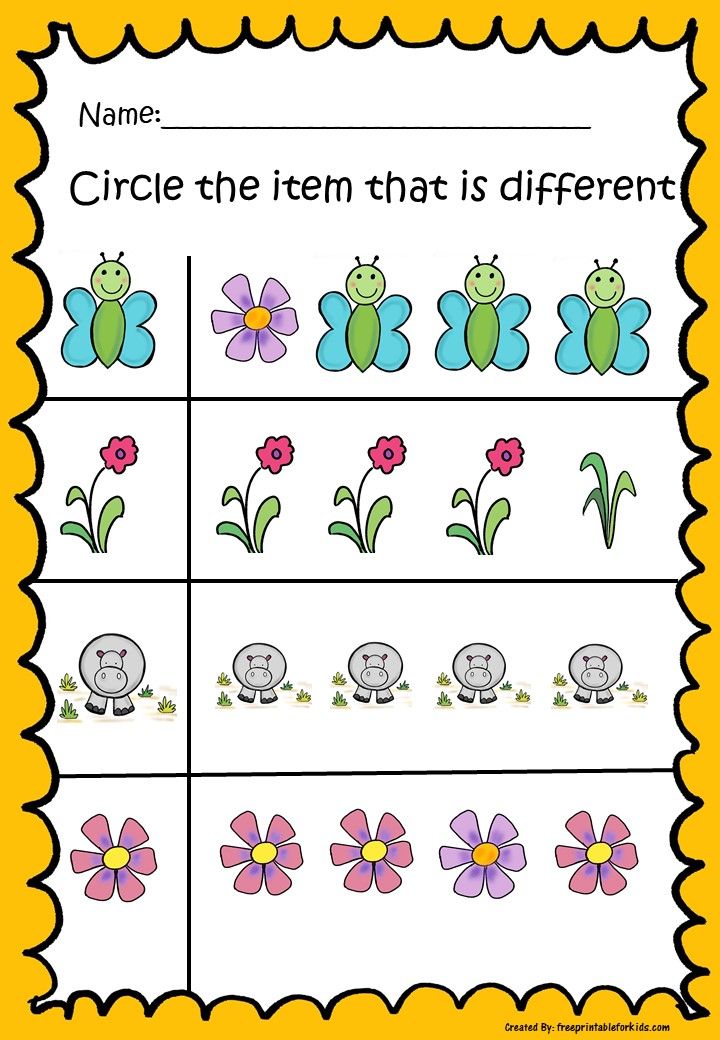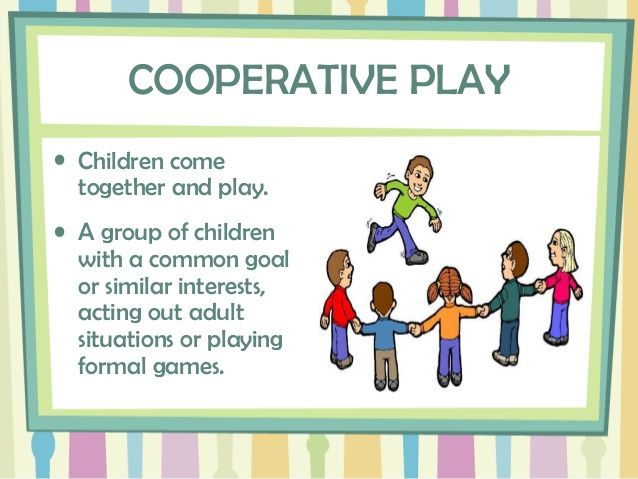Reading and children
Benefits & Importance of Reading to Children
Blog
03/03/2017
It’s undeniable that a child’s reading skills are important to their success in school, work, and life in general. And it is very possible to help ensure your child’s success by reading to them starting at a very early age. Continue reading to learn more about the top benefits of reading to children and how reading can support them for the future.
7 Benefits of Reading to Children
Whether you’re reading a classic novel or fairy tales before bed, reading aloud to children can significantly benefit your child’s life. Some benefits reading to children include:
- Supported cognitive development
- Improved language skills
- Preparation for academic success
- Developing a special bond with your child
- Increased concentration and discipline
- Improved imagination and creativity
- Cultivating. lifelong love of reading
Reading to young children is proven to improve cognitive skills and help along the process of cognitive development. Cognitive development is the emergence of the ability to think and understand; it’s “the construction of thought processes, including remembering, problem solving, and decision-making, from childhood through adolescence to adulthood” (HealthofChildren.com). It refers to how a person perceives and thinks about his or her world through areas such as information processing, intelligence, reasoning, language development, attention span, and memory.
When you begin reading aloud to your child, it essentially provides them with background knowledge on their young world, which helps them make sense of what they see, hear, and read. In fact, many educators and researchers postulate that “It is the talk that surrounds the reading that gives it power, helping children to bridge what is in the story and their own lives,” rather than just the vocalization of the words. Introducing reading into your young child’s life, and the conversations that it will prompt, helps them to make sense of their own lives, especially at a young age.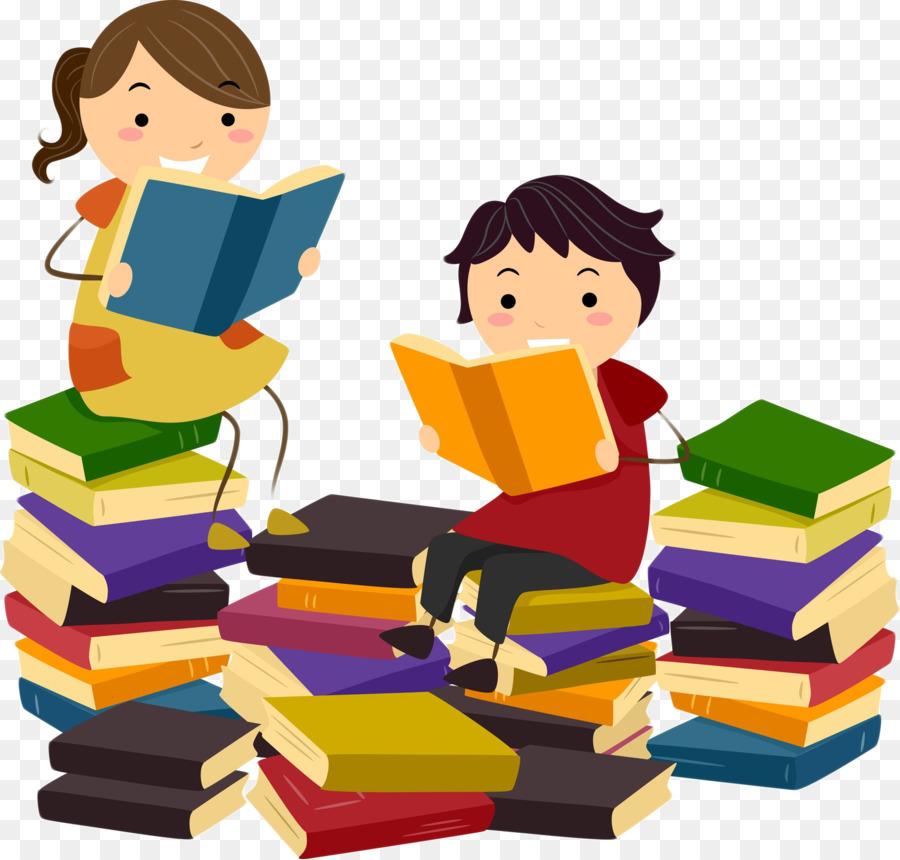
Consider this excerpt from a study on toddlers’ cognitive development as a result of being read aloud to:
“A child care provider reads to a toddler. And in a matter of seconds, thousands of cells in these children’s growing brains respond. Some brain cells are ‘turned on,’ triggered by this particular experience. Many existing connections among brain cells are strengthened. At the same time, new brain cells are formed, adding a bit more definition and complexity to the intricate circuitry that will remain largely in place for the rest of these children’s lives.”
Therefore, the more adults read aloud to their children, the larger their vocabularies will grow and the more they will know and understand about the world and their place in it, assisting their cognitive development and perception.
Improved language skillsReading daily to young children, starting in infancy, can help with language acquisition, communication skills, social skills, and literacy skills.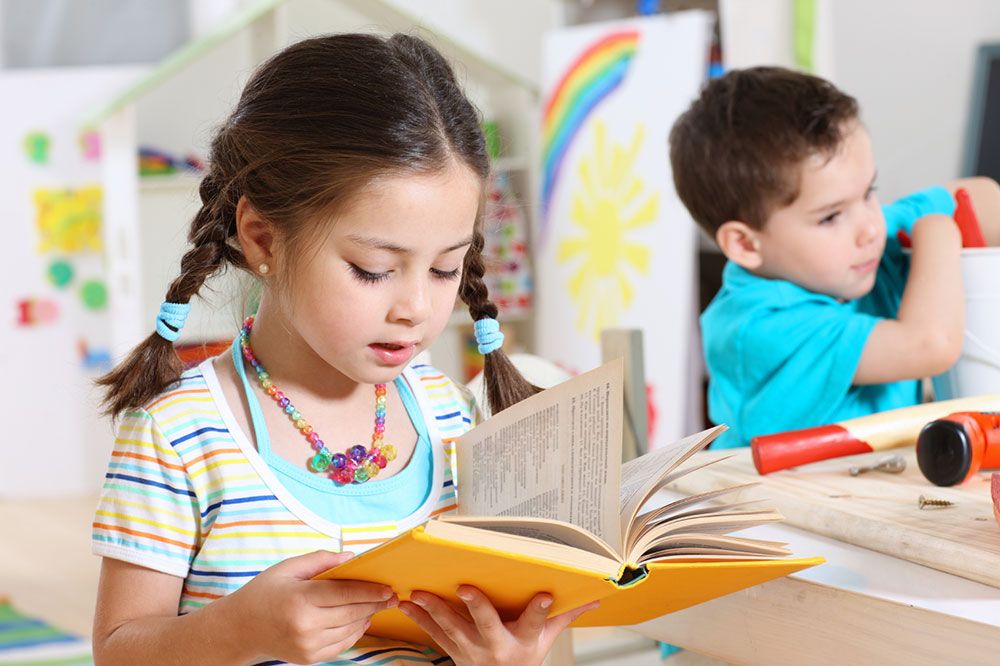 This is because reading to your children in the earliest months stimulates the part of the brain that allows them to understand the meaning of language and helps build key language, literacy and social skills.
This is because reading to your children in the earliest months stimulates the part of the brain that allows them to understand the meaning of language and helps build key language, literacy and social skills.
In fact, a recent brain scan study found that “reading at home with children from an early age was strongly correlated with brain activation in areas connected with visual imagery and understanding the meaning of language” (TIME.com)
These cognitive skills and critical thinking skills are especially important when you consider that, according to the American Academy of Pediatrics, more than one in three American children start kindergarten without the skills they need to learn to read. About two-thirds of children can’t read proficiently by the end of the third grade.
Furthermore, while a child will be able to latch onto vocabulary and language he or she hears around him or her, introducing reading into their auditory learning provides another benefit: it introduces the language of books, which differs from language heard in daily life.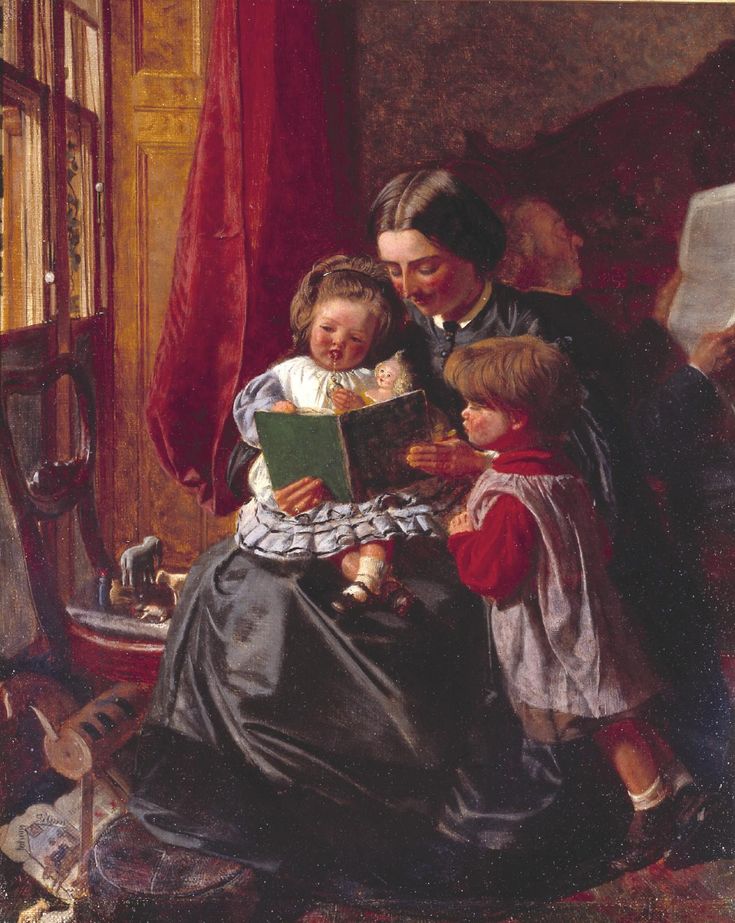 Whether it’s a children’s book or classic novel, book language is more descriptive, and tends to use more formal grammatical structures.
Whether it’s a children’s book or classic novel, book language is more descriptive, and tends to use more formal grammatical structures.
Early reading with your child is a true one-on-one opportunity for children to communicate with their parents and parents to communicate with their children. It allows children to grow their vocabulary skills with exposure to new words and listening skills they develop from hearing someone read to them that become vital to their academic success.
Studies have shown that “the more words that are in a child’s language world, the more words they will learn, and the stronger their language skills are when they reach kindergarten, the more prepared they are to be able to read, and the better they read, the more likely they will graduate from high school” (PBS.org).
Numerous studies have shown that students who are exposed to reading before preschool are more likely to do well when they reach their period of formal education.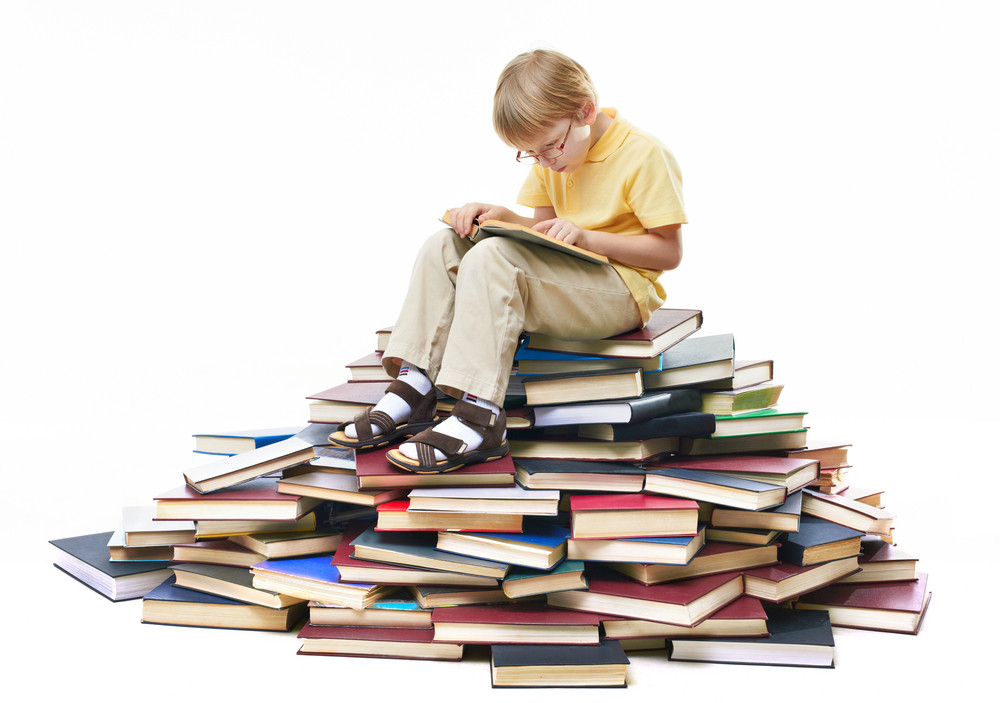 According to a study completed by the University of Michigan, there are five early reading skills that are essential for development. They are:
According to a study completed by the University of Michigan, there are five early reading skills that are essential for development. They are:
- Phonemic awareness – Being able to hear, identify, and play with individual sounds in spoken words.
- Phonics – Being able to connect the letters of written language with the sounds of spoken language.
- Vocabulary – The words kids need to know to communicate effectively.
- Reading comprehension – Being able to understand and get meaning from what has been read.
- Fluency (oral reading) – Being able to read text accurately and quickly.
While children will encounter these literacy skills and language development once they reach elementary school and beyond, you can help jumpstart their reading success by reading to them during infancy and their early toddler years.
While they won’t be able to practice fluency or phonics at that stage, they will get an earlier introduction to phonetic awareness, vocabulary and reading comprehension, all of which will set them up for success as they grow and interact with the world around them.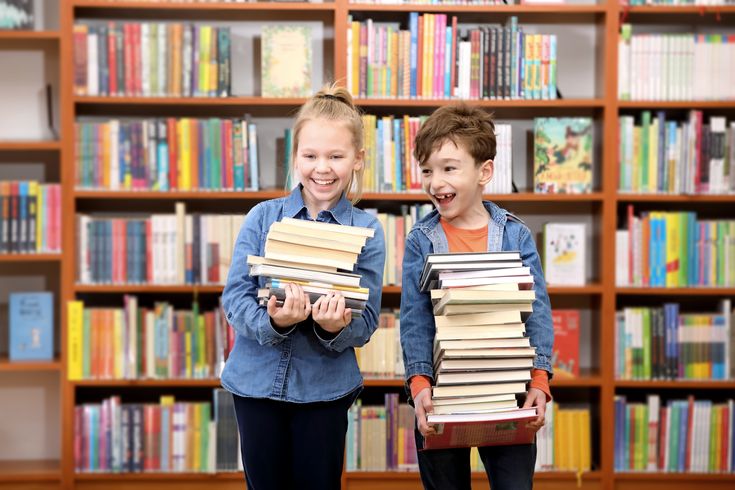
Developing a special bond with your child
It goes without saying that reading to your young child on a regular basis can help you forge a stronger relationship with them. When it comes to children, one of the most important things you can do to positively influence their development is spend time with them. Reading to your children provides a great opportunity to set up a regular, shared event where you can look forward to spending time together. With shared reading, your child will trust and expect that you will be there for them. The importance of trust to small children cannot be overstated.
Reading a favorite book to your children not only helps you bond with them, but also gives your children a sense of intimacy and well-being. This feeling of intimacy helps your child feel close to you, and the feelings of love and attention encourage positive growth and development.
With babies specifically, although they may not be able to understand what you’re saying when you read to them, reading aloud provides a level of invaluable nurturing and reassurance.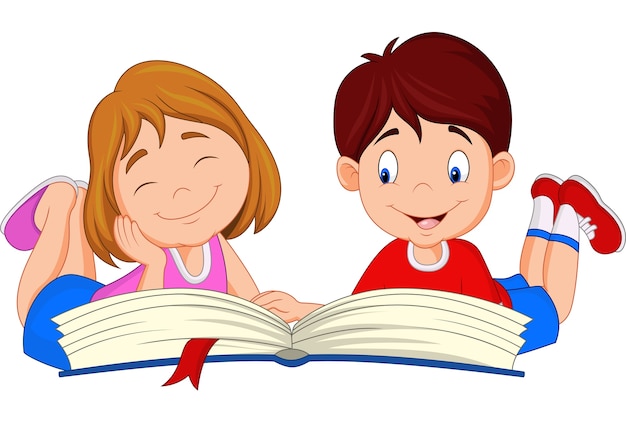 Very young babies love to hear familiar voices, and reading is the perfect outlet to create this connection.
Very young babies love to hear familiar voices, and reading is the perfect outlet to create this connection.
At a broader, more scientific level, it’s the parent-child relationship, nurturing relationships between caregivers and children that set a positive life course. If you are able to read aloud with your child at a predictable, scheduled time that fits with the daily routines of home and school, you’ll be able to provide something constant that they can expect and likely even look forward to.
Reading aloud together and having a shared activity gives you and your child something to talk about, which in turn supports the development of reading and writing skills (per the vocabulary and reading comprehension areas of development mentioned above). And down the road, reading together can be used to discuss real-life experiences and issues. A children’s book can provide springboards to meaningful discussions about many different topics which can further develop a child’s critical thinking skills.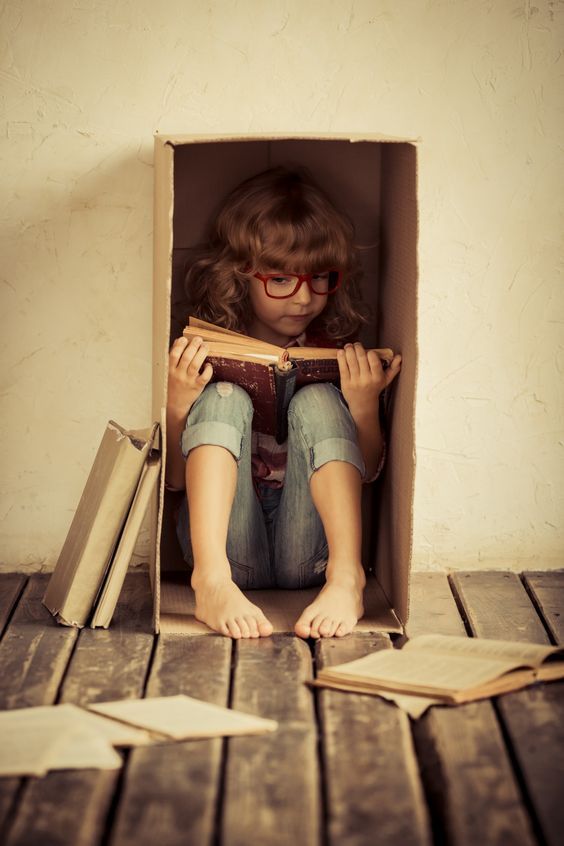
At its core, literature is one of the best ways to help kids understand something without necessarily having to experience it for themselves. Reading to your child helps to expose them to all types of subjects and concepts, building our children’s understanding of humanity and the world around them (ReadBrightly.com).
Increased concentration and disciplineIntroducing regular reading time into your child’s schedule has another benefit outside of creating shared time together: increased discipline and concentration. Very young children rarely sit still for long, and it’s oftentimes difficult to get them to focus. But when you introduce regular reading to your children, you may start to observe a change in behavior. Toddlers may initially squirm and become distracted during story time, but eventually they’ll learn to stay put for the duration of the book.
According to EarlyMoments.com, along with reading comprehension comes “a stronger self-discipline, longer attention span, and better memory retention, all of which will serve your child well when she enters school.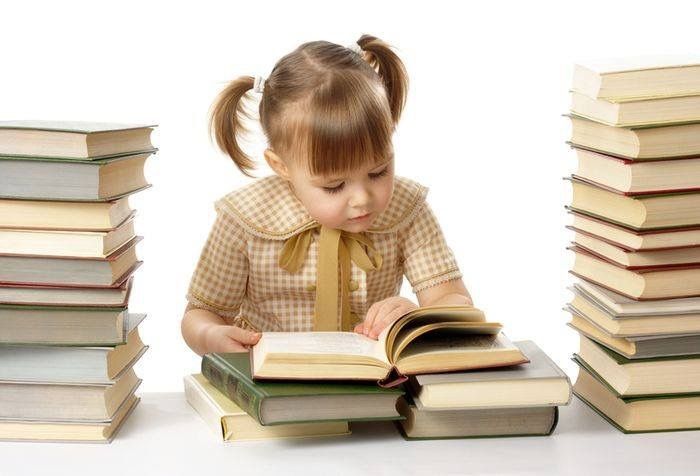 ”
”
Young children naturally have a capacity to dream big and use their imaginations. Reading aloud to your child helps them use their imaginations to explore people, places, times, and events beyond their own experiences. Reading as an imaginative activity can open doors to all kinds of new worlds for your child. By widening your child’s imagination, your child is more likely to dream bigger and act creatively which can benefit they school, work, and life in the future.
Cultivating a lifelong love of readingAccording to Jim Trelease, author of the best-seller, The Read-Aloud Handbook: “Every time we read to a child, we’re sending a ‘pleasure’ message to the child’s brain… You could even call it a commercial, conditioning the child to associate books and print with pleasure” (ReadAloud.org)
This connection between reading and “pleasure” is crucial for success later in life. As personal development coach and speaker Brian Tracy says, your ability to expand your mind and strive for lifelong learning is critical to your success — “Learning is the minimum requirement for success in any field.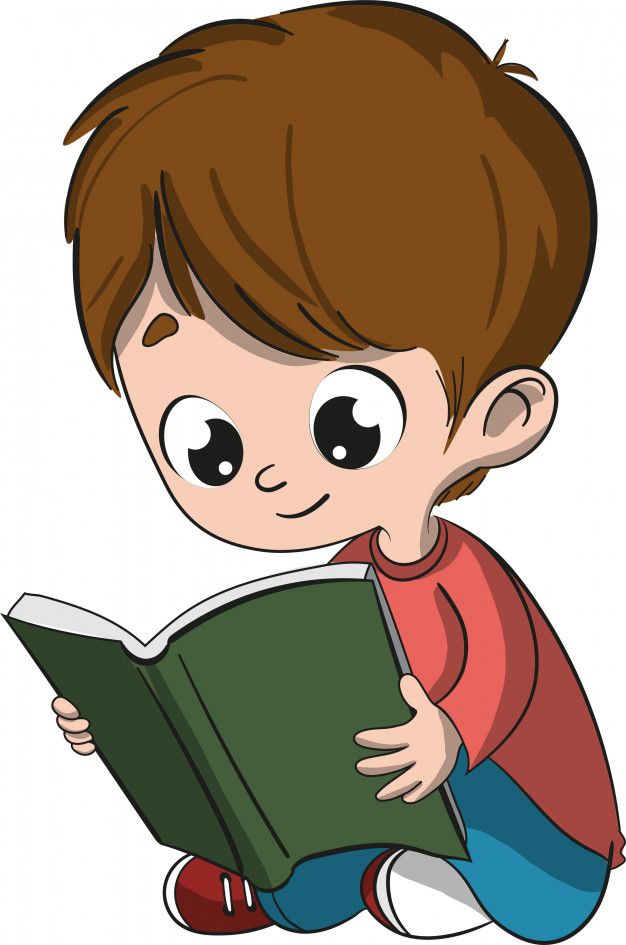 ”
”
Reading is the key for lifelong learning, and if you can instill a love of reading at an early age, then a commitment to lifelong learning is sure to follow. Reading aloud presents books as sources of pleasant, valuable, and exciting experiences. Children who value books are motivated to read on their own, and will likely continue to practice independent reading throughout the rest of their lives.
When it comes to reading to your children, the benefits to your child’s life range far beyond the development of a close bond with them, although that’s certainly one of them. Reading aloud to children is truly the single-most important activity for building these understanding and skills essential for reading success that your child will carry with them all throughout their life.
To learn more about our resources for children, visit our website.
Related Articles
This website uses cookies to improve your experience.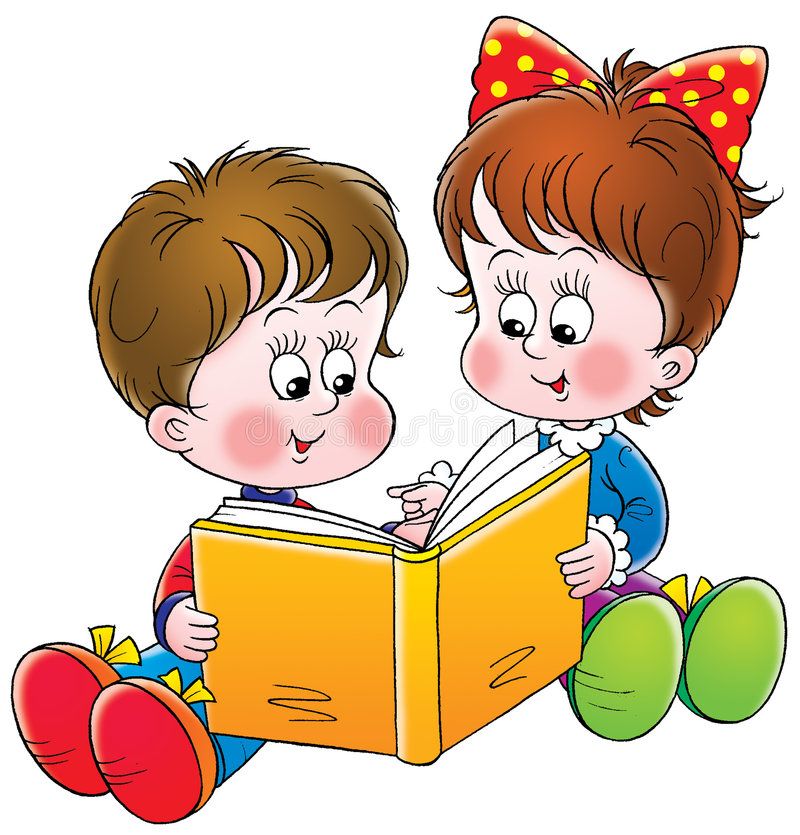 By continuing to use our site you agree to our Privacy Policy. ACCEPT
By continuing to use our site you agree to our Privacy Policy. ACCEPT
Reading with Your Child | Reading Rockets
By: Bernice Cullinan, Brod Bagert
There is no more important activity for preparing your child to succeed as a reader than reading aloud together. Fill your story times with a variety of books. Be consistent, be patient, and watch the magic work.
It's no secret that activities at home are an important supplement to the classroom, but there's more to it than that. There are things that parents can give children at home that the classrooms cannot give.
Start young and stay with it
At just a few months of age, an infant can look at pictures, listen to your voice, and point to objects on cardboard pages. Guide your child by pointing to the pictures, and say the names of the various objects. By drawing attention to pictures and associating the words with both pictures and the real-world objects, your child will learn the importance of language.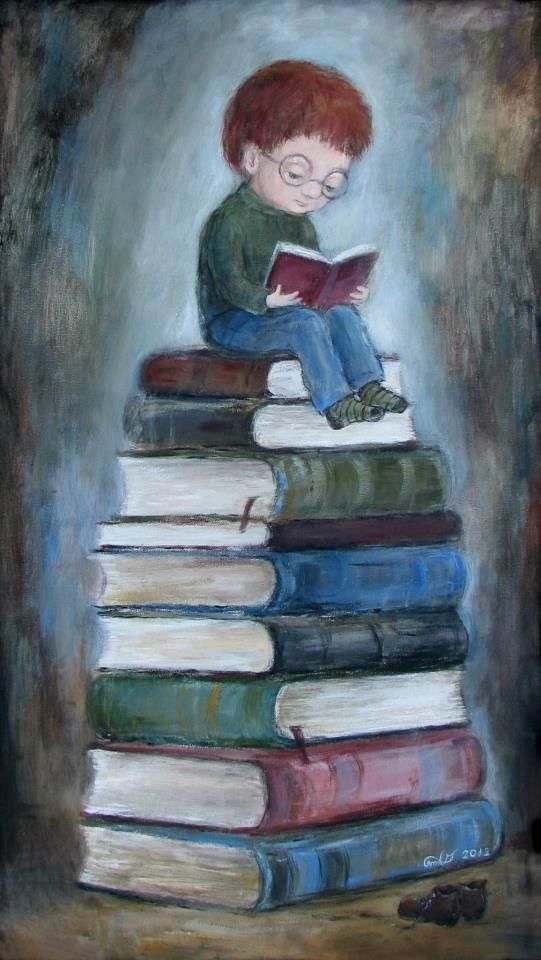
Children learn to love the sound of language before they even notice the existence of printed words on a page. Reading books aloud to children stimulates their imagination and expands their understanding of the world. It helps them develop language and listening skills and prepares them to understand the written word. When the rhythm and melody of language become a part of a child's life, learning to read will be as natural as learning to walk and talk.
Even after children learn to read by themselves, it's still important for you to read aloud together. By reading stories that are on their interest level, but beyond their reading level, you can stretch young readers' understanding and motivate them to improve their skills.
It’s part of life
Although the life of a parent is often hectic, you should try to read with your child at least once a day at a regularly scheduled time. But don't be discouraged if you skip a day or don't always keep to your schedule. Just read to your child as often as you possibly can.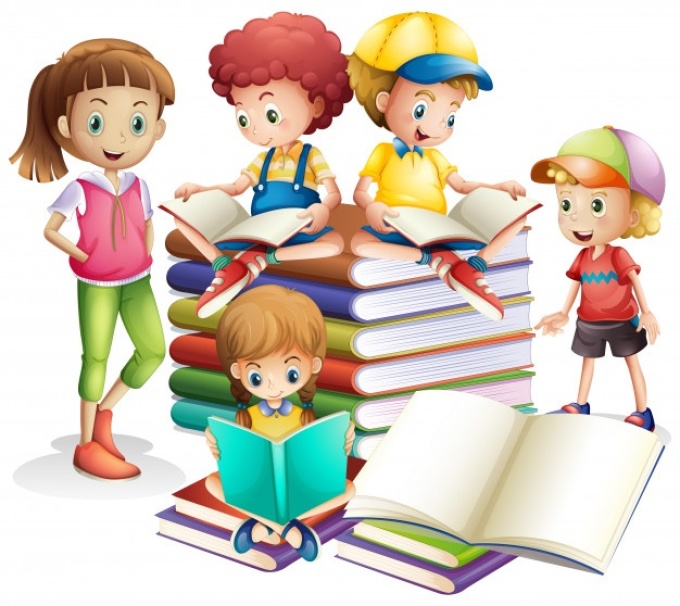
If you have more than one child, try to spend some time reading alone with each child, especially if they're more than two years apart. However, it's also fine to read to children at different stages and ages at the same time. Most children enjoy listening to many types of stories. When stories are complex, children can still get the idea and can be encouraged to ask questions. When stories are easy or familiar, youngsters enjoy these "old friends" and may even help in the reading.
Taking the time to read with your children on a regular basis sends an important message: Reading is worthwhile.
One more time
You may go through a period when your child favors one book and wants it read night after night. It is not unusual for children to favor a particular story, and this can be boring for parents. Keep in mind, however, that a favorite story may speak to your child's interests or emotional needs. Be patient. Continue to expose your children to a wealth of books and eventually they will be ready for more stories.
Talking about stories
It's often a good idea to talk about a story you are reading, but you need not feel compelled to talk about every story. Good stories will encourage a love for reading, with or without conversation. And sometimes children need time to think about stories they have read. A day or so later, don't be surprised if your child mentions something from a story you've read together.
Remember when you were very young
It will help, however, if we open our eyes to some things adult readers tend to take for granted. It's easier to be patient when we remember how much children do not know. Here are a few concepts we adults know so well we forget sometimes we ever learned them.
- There's a difference between words and pictures. Point to the print as you read aloud.
- Words on a page have meaning, and that is what we learn to read.
- Words go across the page from left to right. Follow with your finger as you read.
- Words on a page are made up of letters and are separated by a space.
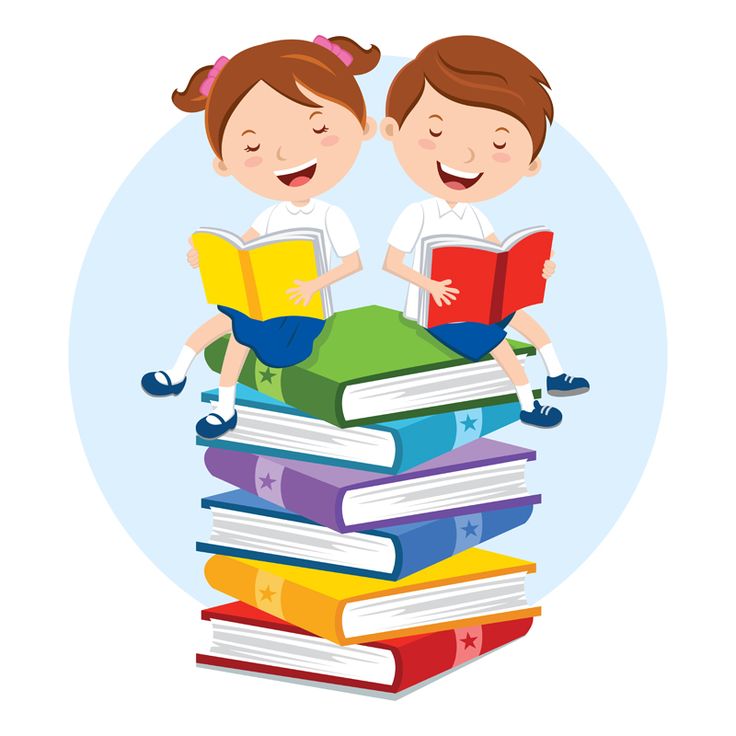
- Each letter has at least two forms: one for capital letters and and one for small letters.
These are examples of hieroglyphics.
Imagine how you would feel if you were trying to interpret a book full of such symbols. That's how young readers feel. But, a little patience (maybe by turning it into a puzzle you can solve together) is certain to build confidence.
Advertise the joy of reading!
Our goal is to motivate children to want to read so they will practice reading independently and, thus, become fluent readers. That happens when children enjoy reading. We parents can do for reading what fast food chains do for hamburgers? ADVERTISE! And we advertise by reading great stories and poems to children.
We can help our children find the tools they need to succeed in life. Having access to information through the printed word is an absolute necessity. Knowledge is power, and books are full of it. But reading is more than just a practical tool.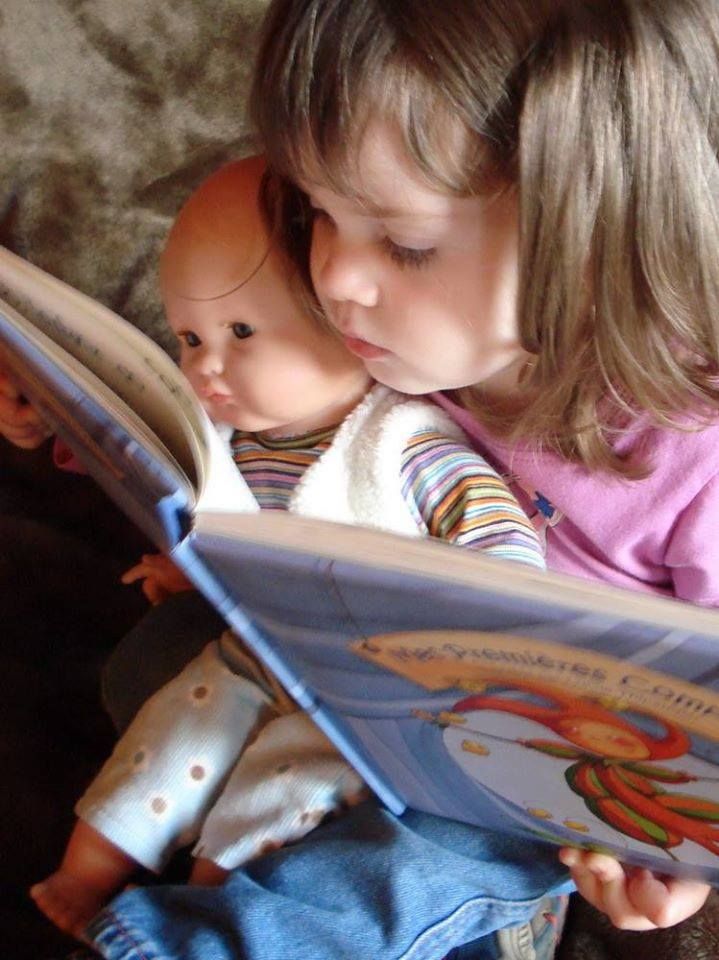 Through books we can enrich our minds; we can also relax and enjoy some precious leisure moments.
Through books we can enrich our minds; we can also relax and enjoy some precious leisure moments.
With your help, your children can begin a lifelong relationship with the printed word, so they grow into adults who read easily and frequently whether for business, knowledge, or pleasure.
How does reading books affect the development of a child?
How often do you read books with your children? What are your favorite children's works, children's author or fairy-tale hero with your child?
Today we want to tell you how reading books to children affects their development. The book is of great importance in the development of the child, namely: it expands the child's understanding of the world, introduces everything that surrounds the child: nature, objects, etc., influences the formation of preferences and reading tastes of the child, develops thinking - both logical and and figurative, expands vocabulary, memory, imagination and fantasy, teaches how to correctly compose sentences.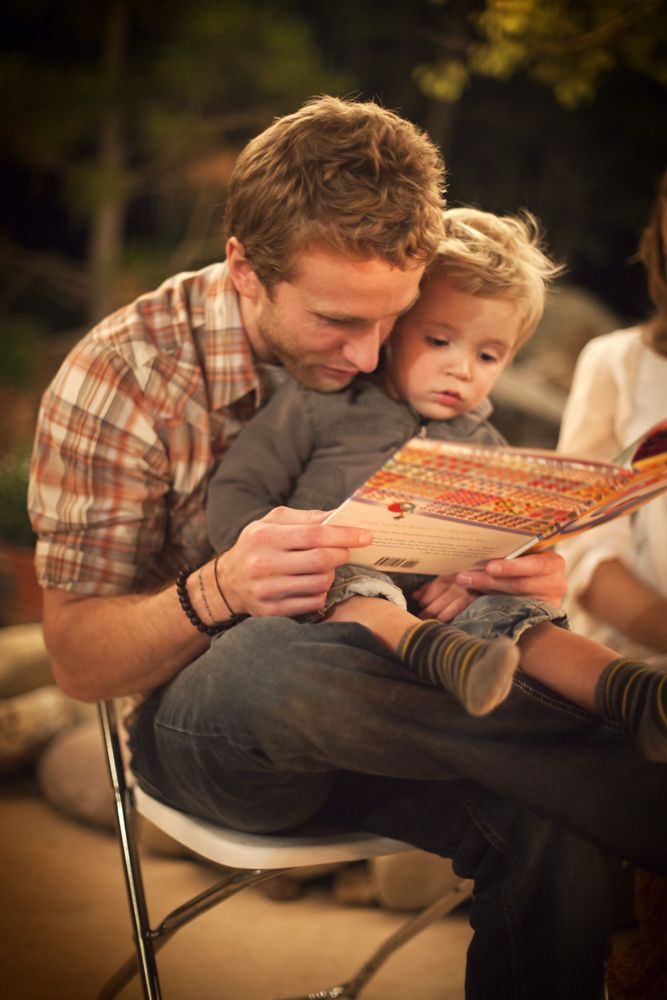 Did you know that there are 50% more rare words in children's literature than in adult conversations? Normal conversation only provides children with a basic vocabulary. Rare words they can learn only from books.
Did you know that there are 50% more rare words in children's literature than in adult conversations? Normal conversation only provides children with a basic vocabulary. Rare words they can learn only from books.
Children who are often read to feel close, protected, and safe. Such children are much more comfortable to live than those who are deprived of the joy of reading. During joint reading, children develop a moral attitude towards the world. The heroes of the books do a variety of things, get into false situations, make decisions - all this the child can discuss with the parent, while forming an understanding of good and evil, friendship and betrayal, sympathy, duty, honor. With active listening, the child vividly imagines what is being narrated and experiences. At these moments, he develops emotionally and, often identifying himself with the main character, overcomes his own fears. When listening to a literary work, a child inherits a variety of behaviors through a book: for example, how to become a good friend, how to achieve a goal, or how to resolve a conflict. The role of parents here is to help compare situations from a fairy tale with situations that can happen in real life.
The role of parents here is to help compare situations from a fairy tale with situations that can happen in real life.
Children to whom parents read aloud regularly begin to understand the structure of a literary work (where the beginning, how the plot unfolds, where the end comes). Through reading, the child learns to listen - and this is important. Getting acquainted with books, the child learns his native language better.
From 6 to 8 years old. The reading circle of preschool children is changing rapidly. Children after 5-6 years are no longer interested in nursery rhymes or short poems. At this age, children develop and consolidate reading skills. Children of senior preschool and primary school age prefer more voluminous works with a complex plot and a large number of characters in order to read them (or listen) and wait for continuation. They may also be interested in all kinds of children's encyclopedias, where information about the world is available.
We offer you a list of books for children 6-7 years old, rather, not methodological, not pedagogical, but parental in nature. All parents think about the question of what exactly to read to the child, for what and at what age. In addition, we ourselves have lines that we have loved since childhood, which we, as commanded property, would like to pass on to our children and grandchildren.
All parents think about the question of what exactly to read to the child, for what and at what age. In addition, we ourselves have lines that we have loved since childhood, which we, as commanded property, would like to pass on to our children and grandchildren.
What books should a 6 year old child read? And what books, in your opinion, should a child read by the age of 7, that is, before the onset of the so-called primary school age? Below you can view lists of preschool books recommended by preschool.
Russian literature
1. Aksakov S. "The Scarlet Flower"
2. Aleshkovsky Yuz "Shoo and Two Portfolios", "Shoo and I in the Crimea"
3. Aleksandrova G. "Domovenok Kuzka and magical things" (with continuations)
4. Afanasyev A. Tales
5. Bazhov P. "Malachite Box", "Ural Tales", "Silver Hoof"
6. Bianki V. "Forest newspaper", "Sinichkin calendar"
7. Bulychev Kir "Adventures of Alice"
8.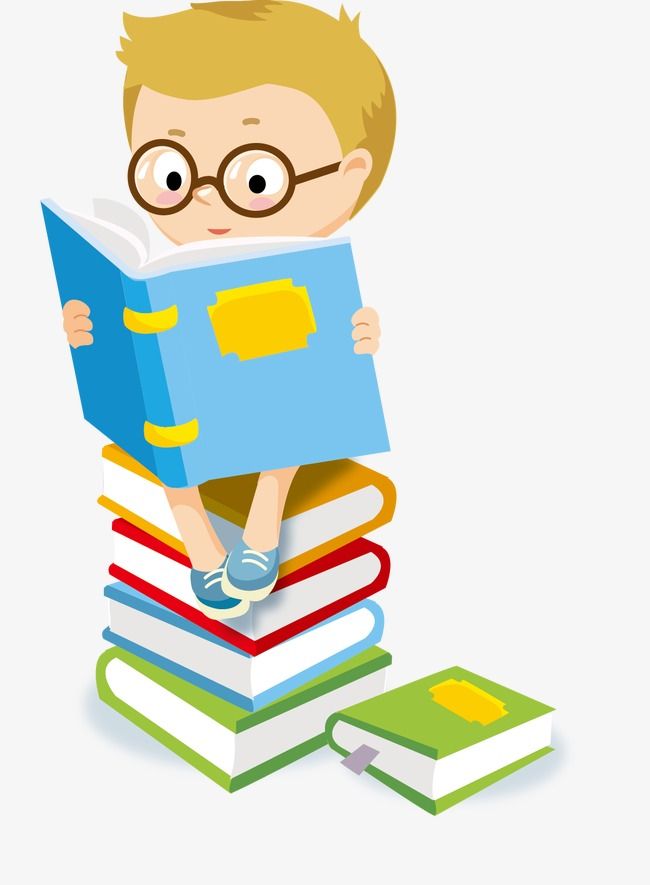 Veltistov E. "Adventures of Electronics", "Gum-Gum", "A Million and One Days of Vacation"
Veltistov E. "Adventures of Electronics", "Gum-Gum", "A Million and One Days of Vacation"
9. Volkov A. "The Wizard of the Emerald City"
10. Gaidar A. "Blue Cup", "Chuk and Gek"
11. Geraskina L. "In the country of unlearned lessons"
12. Golyavkin V. "My good dad", "Harp and boxing", "How I sat under the desk", Stories
13. Gore Gennady "Boy"
14. Grabovsky Jan "Fly with whims"
15. Grigorovich "Gutta-percha boy"
16. Gubarev V. "Three on the Island", "In the Far Far Away Kingdom", "The Kingdom of Crooked Mirrors"
17. Davydychev L. "The Life of Ivan Semenov"
18. Danko E. "Defeated Karabas"
19. Demykina G. "House on a Pine"
20. Dragunsky V. "Deniska's stories", "20 years under the bed", "Dog Thieves"
21. Durov V. "My animals"
22. Ermolaev Y. "House of brave cowards"
23. Ershov P. "Humpbacked Horse"
24. Zhuravleva Z.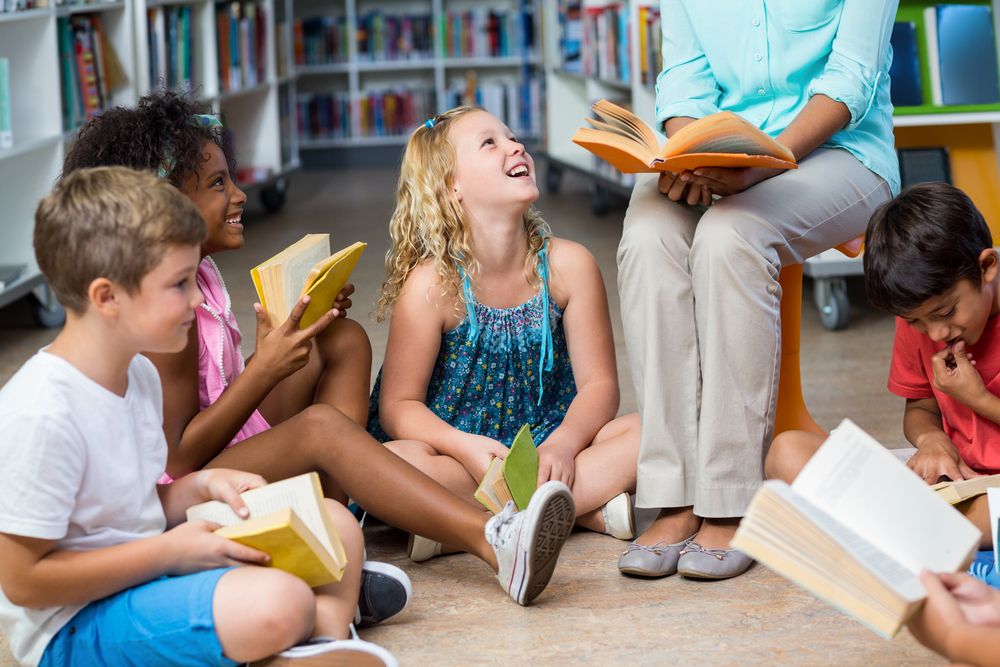 "Take off the shell"
"Take off the shell"
25. Zabolotsky "The Tale of the Crooked Man", "Knock-knock-knock beater"
26. Ivanov S. "Former Bulka and his daughter"
27. Ilyin M. "One hundred thousand why"
28. Kaverin V. "Hourglass"
29. Kataev V. “Flower-seven-flower”, “Pipe, jug”, “Magic horn of Oberon”
30. Kokovin E. "Din-Dag"
31. Konstantinovsky M. "KOAPP"
32. Korzhikov V. "Merry sailing Solnyshkin"
33. Krylov I. Fables
34. Kumma A., Runge, S. "The Second Secret of the Golden Key"
35. Kuprin "Elephant"
36. Lagin Lazar "Old Man Hottabych", "Blue Man", "Patent AB"
37. Larry Yang "The Extraordinary Adventures of Karik and Vali"
38. Lermontov "Airship"
39. Magalif Yuri "Zhakonya", "Cat Kotkin"
40. Mamin-Sibiryak D. "Grey Neck", "Alyonushka's Tales"
41. Marshak S. "Twelve months", "Smart things"
42. Medvedev V.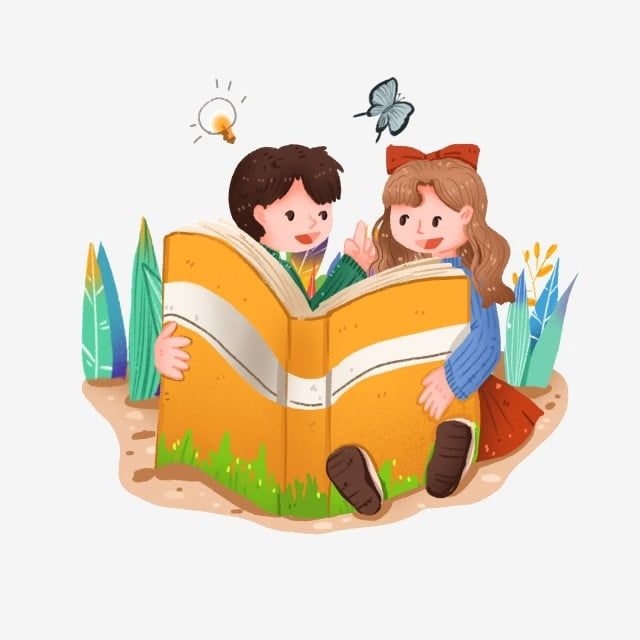 "Barankin, be a man!"
"Barankin, be a man!"
43. Mikhalkov S. "The Feast of Disobedience"
44. Naumov E. "Coral City", "Magic Whirlwind"
45. Nekrasov A. "The Adventures of Captain Vrungel"
46. Nekrasov N. "Grandfather Mazai and hares"
47. Nestaiko V. “One with deceit”, “Five with a tail”, “Mysterious voice behind”, “Toreadors from Vasyukovka”, “Kidnappers are looking for the victim”
48. Nosov N. "The Adventures of Dunno and His Friends", "Vitya Maleev", "Dreamers"
49. Odoevsky V. "Town in a snuffbox"
50. Olesha Yu. "Three fat men"
51. Oseeva V. "Dinka", "Vasek Trubachev and his comrades"
52. Oster G. "38 Parrots"
53. Panteleev L. “Honest Word”, “Squirrel and Tamarochka”, “Merry Tram”
54. Permyak E. Tales
55. Perova O. "Guys and animals"
56. Pivovarova “What is my head thinking about”, “Once Katya with Manechka”
57. Pogodin R. "Brick Islands"
58.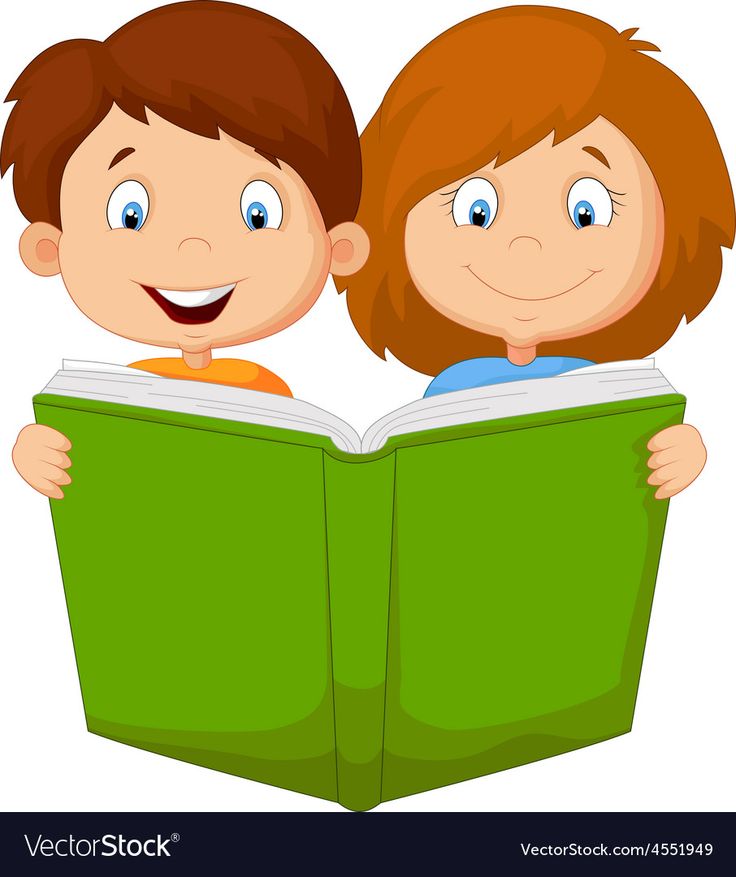 Pogorelsky A. "Black Chicken, or Underground Inhabitants"
Pogorelsky A. "Black Chicken, or Underground Inhabitants"
59. Pocheptsov G. "School Tales", "Country of Cities", "Bureau of Good Offices"
60. Prishvin M. "Pantry of the Sun", "Kashcheev's Chain"
61. Pushkin A. "Song of the Prophetic Oleg"
62. Raskin A. "How little dad was"
63. Rozanov S. "The Adventures of Grass"
64. Lev Rubinstein "Grandfather of the Russian Navy", "In the Gardens of the Lyceum"
65. Rutkovsky V. "Guests on a broomstick", "Friends from a quiet backwater"
66. Rybakov A. "Dagger", "Bronze Bird", "Shot"
67. Salomatov A. "Our extraordinary Gosha"
68. Salie M. "Tales of 1000 and one night"
69. Sotnik Y. "How I was independent"
70. Tikhomirov O. "Green Window"
71. Tokmakova I. "Alya, Klyaksich and the letter A"
72. Tolstoy A. "The Adventures of Pinocchio", "Borivoy, Vasily Shibanov, Kurgan, etc."
73. Tomin Yu. “Carousels over the city”, “A, B, C, D, E, etc.”, “Was a magician walking around the city”
74. Tolstoy L. "Jump", "Lion and Dog", stories and fairy tales
75. Mustachioed G. plays-fairy tales
76. Chaplina V. "Pets of the zoo", "My pupils"
77. Chepovetsky E. "Fidget, Makish and Netak"
78. Black A. Fox Mickey's Diary
79. Chekhov A.P. "Kashtanka"
80. Sharov A. “Boy Dandelion and Three Keys”, “The Adventures of Ezhinka and the Painted Men”, “Star Shepherd and Ninochka”, “Wizards Come to People”, “Children and Adults”, “Pirrow Island”, “The Tale of Ten mistakes", "Okoem"
81. Schwartz E. "Cinderella", "The Snow Queen", "Ordinary Miracle", "Two Maples"
82. Emden Esther "House with Magic Windows", "The Adventures of a Little Actor"
83. Jagdfeld and Gernet N. "Katya and the Crocodile"
Foreign literature
1. Andersen G. Tales and stories
2. Babich I. "My familiar animals"
3. Barnford S. "The Incredible Journey"
4. Barry J. Peter Pan and Wendy
5. Baum Fr. "Land of Oz"
6. Besson Luc "Arthur and the Invisibles"
7. Bjehwa Yang "Academy of Pan Klyaksa"
8. Bisset D. "Forgotten Birthday", "Krokokot", Tales
9. Blyton Enid, Tim the Famous Duck, Noddy's Adventure
10. Brothers Grimm Tales
11. Vangeli S. "Adventures of Gugutse", "Blue hut", "Chubo from the village of Turturik"
12. Verne Jules "Travels around the world in 80 days" (children's edition).
13. Westley A-K. “Dad, mom, 8 children and a truck”, “Aurora from building “C”.
14. Gauf V. Tales
15. Hoffman E.T. Nutcracker, Beautiful Child, Orange Princess
16. Graham Kenneth "The Wind in the Willows"
17. Darell J. "A Zoo in My Luggage", "The Land of the Rustles", "The Talking Package", "The Hounds of Bafut"
18. d'Hervilly, E. "The Adventures of a Prehistoric Boy"
19. Salten F. "Bambi"
20. Kern Ludwig Jerzy "Ferdinand the Magnificent"
21. Kipling R. "Mowgli", "Little Stories"
22. Collodi K. "Pinocchio"
23. Crews, J. "Tim Thaler, or Sold Laughter," "My Great-Grandfather, Heroes, and Me," "Wizard in the Inkwell"
24. Carroll Lewis Alice in Wonderland, Alice Through the Looking Glass
25. Lagerlöf Selma "The Wonderful Journey of Niels"
26. Lindgren Astrid "Brothers Lionheart", "Pappy Longstocking"
27. Lobato Monteiro "Order of the Yellow Woodpecker"
28. Lobe of the World; Ferra-Mikura "Grandma on the Apple Tree"
29. Hugh Lofting "The Adventures of John Dolittle", "John Dolittle Circus"
30. Lewis Clive The Chronicles of Narnia
31. Maar Paul "Subbastic", "7 Saturdays a week"
32. Malo Hector "Without a family", "In the family", "Romain Calbri"
33. Maeterlinck M. "The Blue Bird", "Ariana and the Bluebeard"
34. Nesbit, E. "Five Children and a Beast", "Phoenix and Carpet", "The Talisman"
35. Pelin Yelin "Yan Bibian"
36. Preysler O. "Little Baba Yaga, ghost, water"
37. Raspe R.E. "The Adventures of Baron Munchausen"
38. Raud Eno "Clutch, Half Shoes and Moss Beard", "Sipsik"
39. Gianni Rodari "The Adventures of Cipollino", "Cake in the Sky", "Journey of the Blue Arrow", "Gelsamino in the Land of Liars"
40. Saya Kazis "Hey, hide!"
41. Swift J. Gulliver's Travels
42. Saint-Exupery A. The Little Prince
43. Seton-Thompson, E. Animal Tales
44. Stevenson R. Heather Honey
45. Mark Twain "Tom Sawyer", "Huckleberry Finn"
46. Travers Pamela "Mary Poppins"
47. Fekete Istvan "Fox Vuk"
48. Frans Anatole "Bee"
49. Harris Joel Uncle Remus Tales, Brer Rabbit and Friends
50. Hodgston Burnett "Little Princess", "Little Lord", "Secret Garden"
51. Hopp Shinken "The Adventures of Yun and Sophus"
52. Egner Thorbjorn "People and robbers from Cardamom"
53. Ekholm Jan "Tutta Karlsson the First and Only, Ludwig the Fourteenth and others"
54.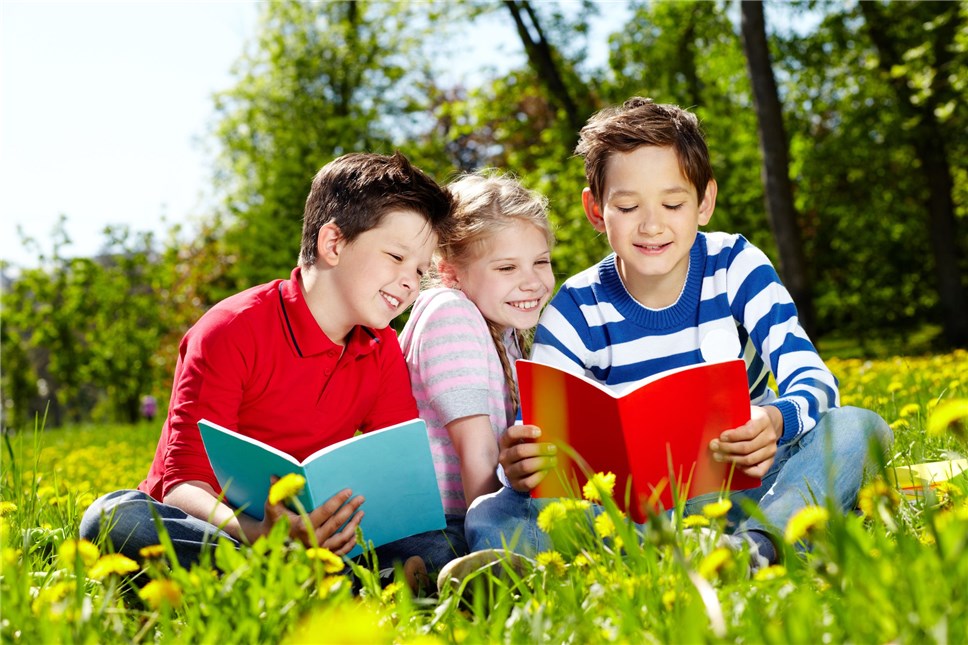 Ende Michael "The Endless Book", "Jack Button", "Momo"
Ende Michael "The Endless Book", "Jack Button", "Momo"
Children's best friends are books: their benefits and role in development
All parents want their children to be curious and eager for knowledge, and, as a result, would achieve success in life. One of the best means of development at all times were books. Taking into account the leading role of the book in the development of the child, parents and teachers are faced with the task of teaching them to love the book. From our article, you will learn about the benefits of reading books for children and the meaning of reading at different ages.
-
1 Why read books to children
-
2 The book is the key to child development
-
3 Reading circle for children of different ages
-
4 What literature is interesting for children of different ages
-
5 We read and educate
-
6 Advice on Purchasing Children's Literature
-
6.
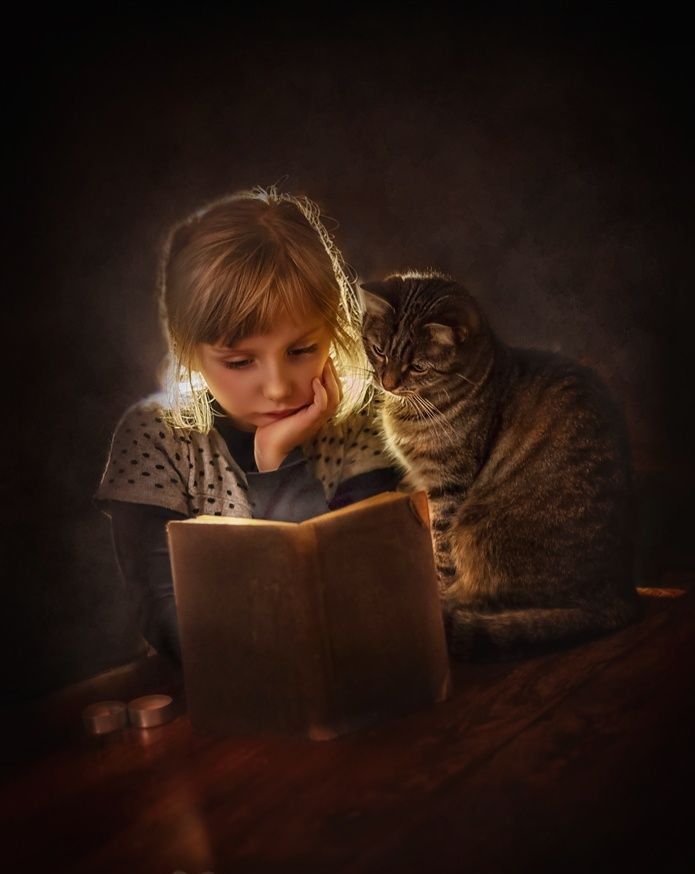 1 This video will help primary school teachers instill a love of reading in their students
1 This video will help primary school teachers instill a love of reading in their students
-
Why read books to children
Children love to be read toChildren love to be read to. It is from the parents that the baby hears the first poems and fairy tales, and if the parents do not ignore reading even the smallest, then with a very high probability the book will soon become the child's best friend. Why? Because the book :
- expands the child's understanding of the world
- introduces everything that surrounds the child: nature, objects, etc.
- affects the formation of preferences and reading tastes of the child
- develops thinking - both logical and figurative
- expands vocabulary, memory, imagination and fantasy
- teaches how to make sentences correctly.
Children to whom parents read aloud regularly begin to understand the structure of a literary work (where the beginning, how the plot unfolds, where the end comes).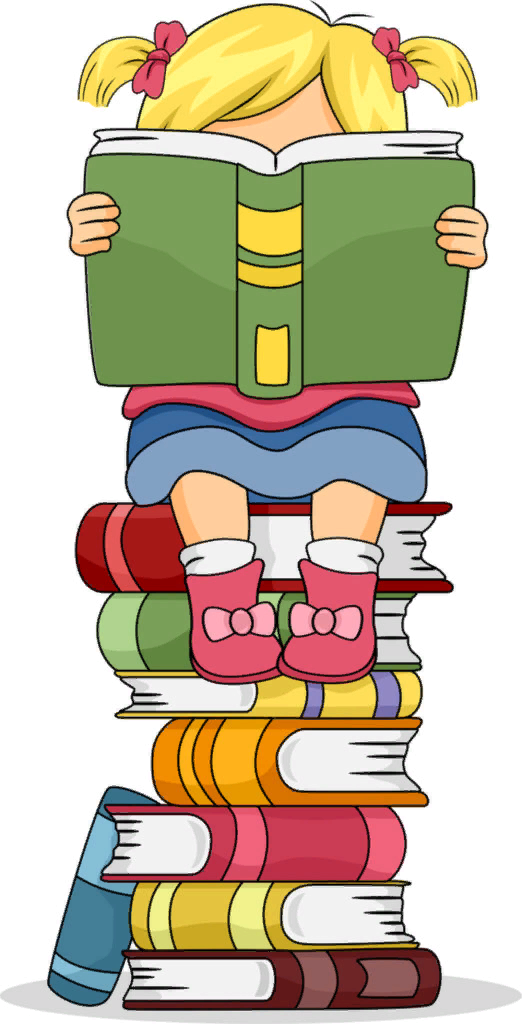 Through reading, the child learns to listen - and this is important. Getting acquainted with books, the child learns his native language better.
Through reading, the child learns to listen - and this is important. Getting acquainted with books, the child learns his native language better.
“Children who were constantly read aloud and told fairy tales become readers for life. And also - those children whose parents love to read love a book.
Children usually look forward to being read to by their parents. Reading aloud is of great importance for those children who can already read the book themselves. Family reading is a guarantee of well-being, a way of communication between parents and children, a method of education and good leisure. That is why mom and dad should always have time to read to children.
Psychologists believe that children to whom parents read books are emotionally balanced and self-confident.
Here's what happens when we read together:
- Children who are often read to feel close, protected, safe. Such children are much more comfortable to live than those who are deprived of the joy of reading.

- While reading together, children form a moral attitude towards the world. The heroes of the books do a variety of things, get into false situations, make decisions - all this the child can discuss with the parent, while forming an understanding of good and evil, friendship and betrayal, sympathy, duty, honor.
- During active listening, the child vividly imagines what is being narrated and experiences it. At these moments, he develops emotionally and, often identifying himself with the main character, overcomes his own fears.
- When listening to a literary work, the child inherits a variety of behavior patterns through the book: for example, how to become a good friend, how to achieve a goal, or how to resolve a conflict. The role of parents here is to help compare situations from a fairy tale with situations that can happen in real life.
"Family reading is an indicator of a good, prosperous family."
The book is the key to the development of the child
The book forms the worldview of the child and gives him knowledge Early childhood and the preschool period are the time that must not be missed in order to instill the most valuable qualities in the child, because it is at this time that the inner world of the child is formed.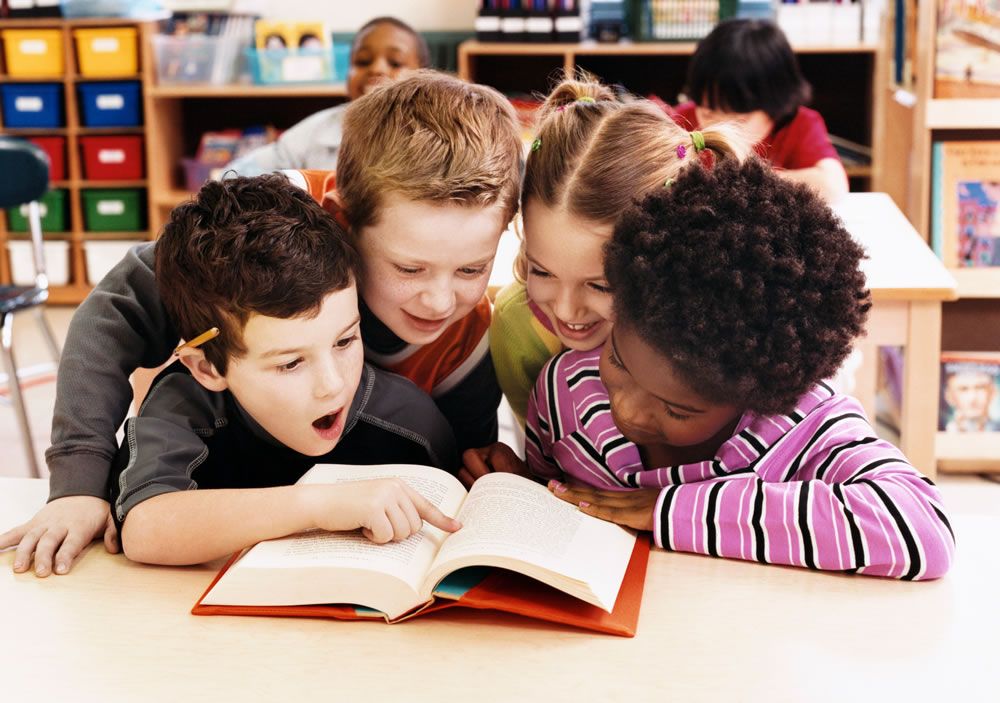 And here a book is a good helper, which helps to shape the worldview of the child, his morality, values, and the general level of culture.
And here a book is a good helper, which helps to shape the worldview of the child, his morality, values, and the general level of culture.
From the first books, the youngest learn about the rules of courtesy and the basics of health, as well as the simplest rules of life. Toddlers are often read short folklore works, unpretentious poems, in which folk wisdom is presented in forms accessible to crumbs.
Listening to reading or reading independently, the child:
- gets acquainted with the past, present and even possible future of the world
- learns to think, analyze, be creative about everything
- develops speech, striving to make it correct, beautiful, rich, clear, imaginative, understandable to everyone
- forms spiritual qualities: compassion, mercy, sympathy, joy in the success of others, kindness, courage
- gets acquainted with art, learns to feel and understand beauty
- forms a positive attitude towards life
- develops a correct perception of nature, a thrifty attitude towards all living things
- learns to appreciate the work of others and be hardworking.
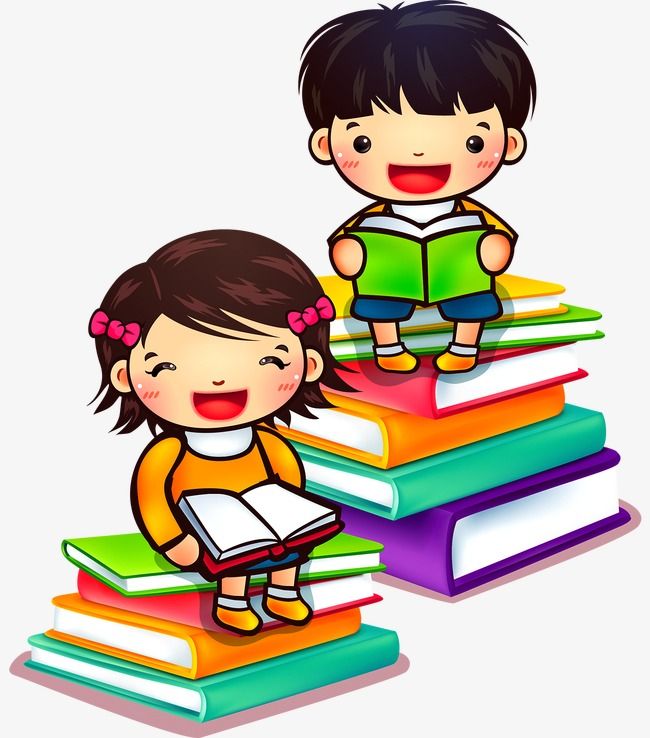
Reading circle for children of different ages
Books should correspond to the age, interests, views of the world, requests, spiritual impulses of the child . It’s good if the book contains the answer to a question that is still maturing in the mind of a child. Based on this, the reading circle of children of different ages is the circle of those literary works that children read or listen to, adequately perceiving them.What literature is interesting for children of different ages
From 2 to 5 years old. Preschoolers clearly prefer poetry to prose. They are very fond of rhythmic works - poems, songs, ditties, rhyming nursery rhymes, counting rhymes. Many children's works, including folklore, are dynamic and expressive, which is why children of primary preschool age perceive and memorize them so easily. Such works are best suited to the needs of babies, because they are a successful combination of rhythm, intonation, melody and movement.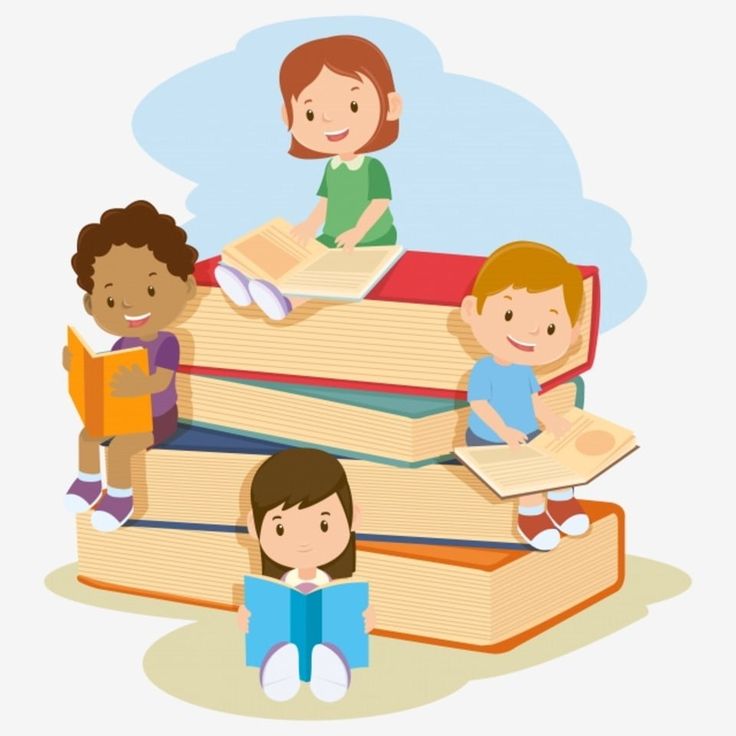 And kids love colorful books.
And kids love colorful books.
From 6 to 8 years old. The reading circle of preschool children is rapidly changing. Children after 5-6 years are no longer interested in nursery rhymes or short poems. At this age, children develop and consolidate reading skills. Children of senior preschool and primary school age prefer more voluminous works with a complex plot and a large number of characters in order to read them (or listen) and wait for continuation. They may also be interested in all kinds of children's encyclopedias, where information about the world is available.
From 9 to 13 years old. At this age, readers are interested in the history and life of historical figures (conquerors, scientists, travelers, heroes). They have an interest in moral and ethical issues, reflections on friendship, love, happiness.
From 14 to 18 years old. Readers have their own range of favorite topics and characters: boys have their own, girls have their own.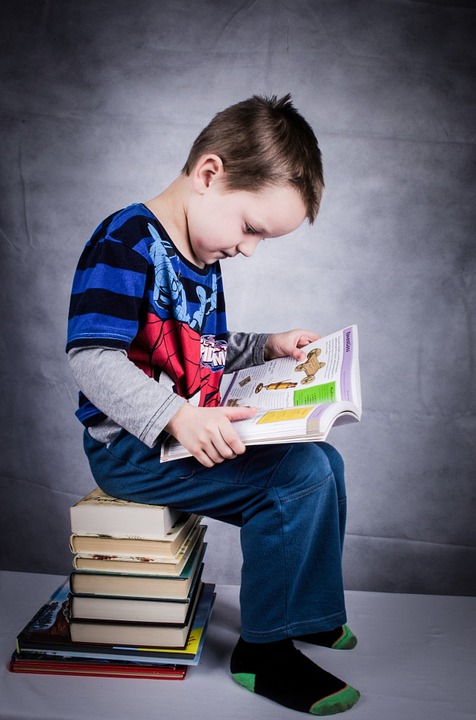 It depends on inclinations, interests, talents, character traits, environment, etc.
It depends on inclinations, interests, talents, character traits, environment, etc.
We read and educate
By accustoming a child to reading and offering him interesting, informative books, we educate him.
By teaching a child to read and offering him interesting, informative books, we educate him. Books awaken interest in study, work, self-knowledge. Explain to your child that the more he reads, the better he learns. From the moment of coming to school, the child should realize that much knowledge needs to be obtained on his own, and the book will help in this.
Whether a child loves to read depends not only on the teacher. The merit in it, first of all, parents. If an atmosphere of respect for the book reigns in the house, and parents respond to the child's requests to read, help to understand something, then the child will appreciate reading as one of the integral components of life.
In order to instill a love of reading in a child, psychologists recommend:
- Parents should demonstrate their positive example of people for whom reading is a pleasure.
 Quote writers, memorize, give examples from the literature, discuss what you read - and the children will see that without reading there is nowhere.
Quote writers, memorize, give examples from the literature, discuss what you read - and the children will see that without reading there is nowhere. - Enroll your child in the library. Go there weekly. Let your child choose their own books and magazines.
- Visit bookstores. Build an interesting children's library at home.
- Start a "Reader's Diary", which will reflect how many books, which and during what period they were read.
- Equip a reading nook at home: a comfortable desk, a bookshelf, toys in the form of fairy-tale characters, etc.
- Shop for inspiring books that are colorful and fun to keep kids excited to read more.
- Read books based on films with children and vice versa.
- Think of leisure activities related to reading: literary evenings, joint reading or theatrical performances based on works.
- Keep your child friendly with children who love to read.
- Solve crossword puzzles, charades, rebuses, interesting logic puzzles with children.

- Encourage children to read aloud, train reading technique, expressiveness.
- Discuss what you have read with your child.
“Council. Do not force your child to read from early childhood, expecting super results: this can completely discourage the desire to read. Better find ways to get him interested."
Recommendations for purchasing children's literature
When choosing a book, think: “What effect will it have on the child? What will he learn?What kind of books will interest children?
- Regardless of the child's age, offer books that have stood the test of time—those we ourselves read as children. They will certainly charge the child with positive emotions, teach kindness, courage, honesty. Of course, the time in which we live also affects the selection of literature. This means that modern authors have worthy works that are suitable for reading to your children.
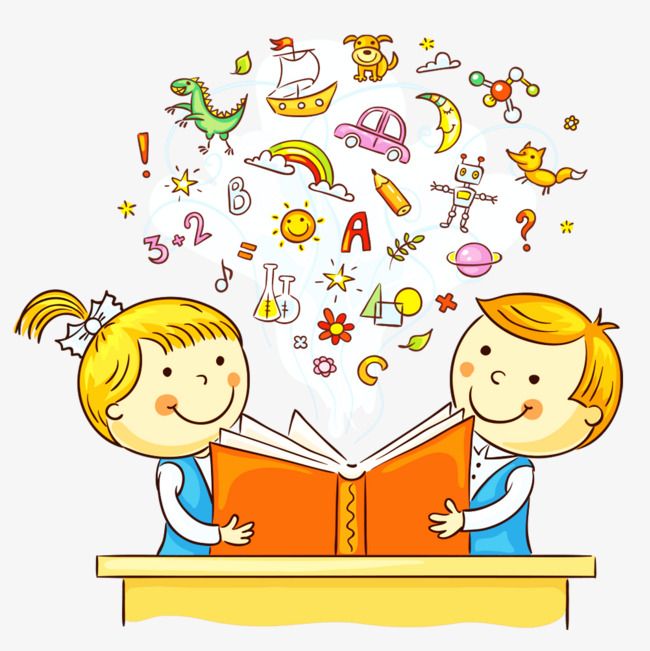
- When choosing a book, think: “What effect will it have on the child? What new will he learn?
- For preschool children, choose illustrated, thematic various books: about games and toys, nature, wildlife, relationships between people, family, rules of hygiene and behavior.
- Students will be interested in historical and military topics, art, inventions, fantastic adventures, travel, etc.
- Pay attention to the fact that the reading circle of children includes works with a humanistic orientation, affirming goodness, justice, equality, work, world peace, the value of life, health and happiness. After all, the main task of literature is to teach the child to comprehend what they read, analyze and draw conclusions. Reading should develop the mind and soul of the child.
This video will help primary school teachers instill a love of reading in their students
http://www.youtube.com/watch?v=dyRPv41YoS0Video can’t be loaded because JavaScript is disabled: Grab a book, kids! (http://www.